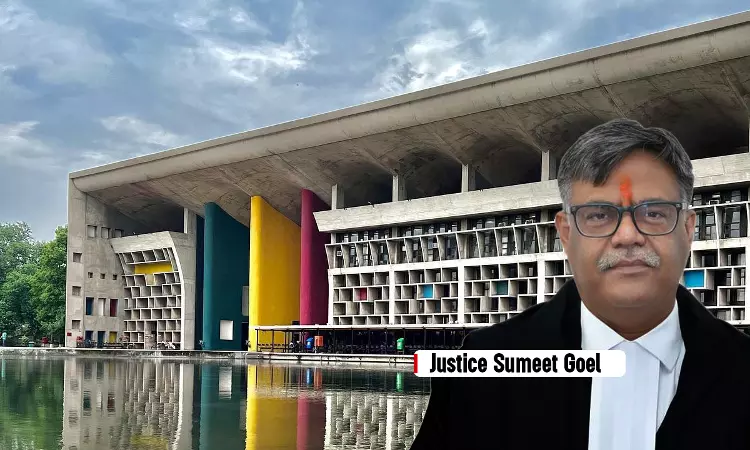Not Being Aware Of Legal Remedy Not Ground To Condone Delay: Punjab & Haryana High Court
Aiman J. Chishti
5 Dec 2024 4:30 PM IST

Next Story
5 Dec 2024 4:30 PM IST
"It is the duty of all Courts of justice, to take care for the general good of the community, that hard cases do not make bad law,” quoted the Punjab & Haryana High Court while refusing to allow plea for condonation of delay filed asserting lack of proper legal advice.Justice Sumeet Goel said, "A mere bald assertion of not having been furnished with proper legal advice cannot constitute...
